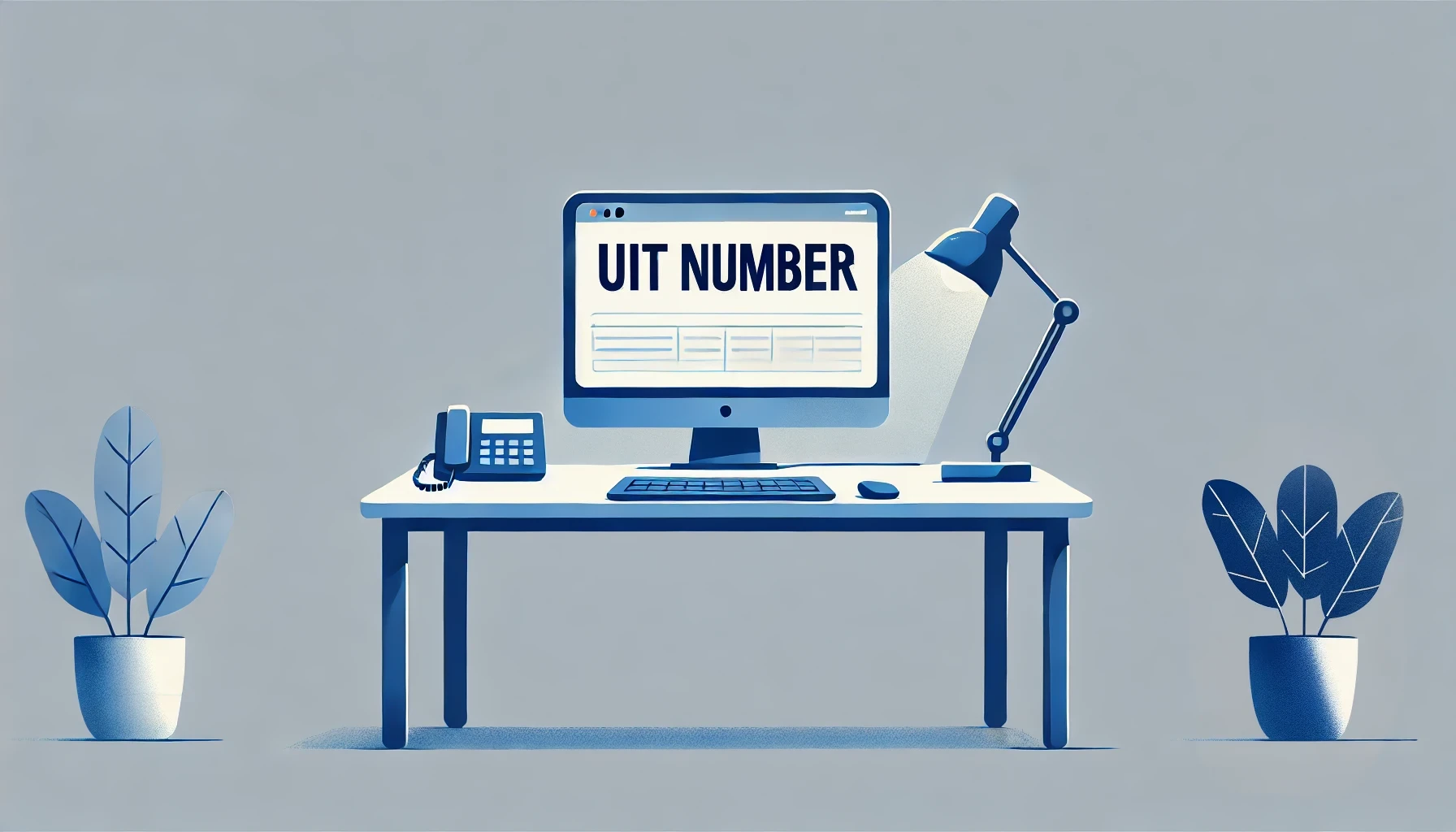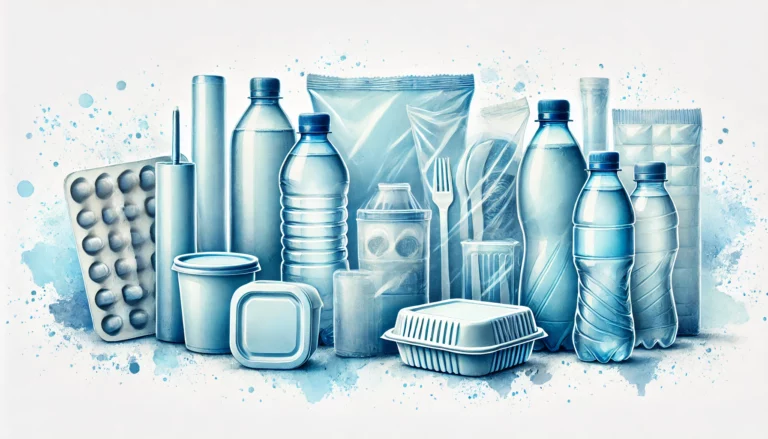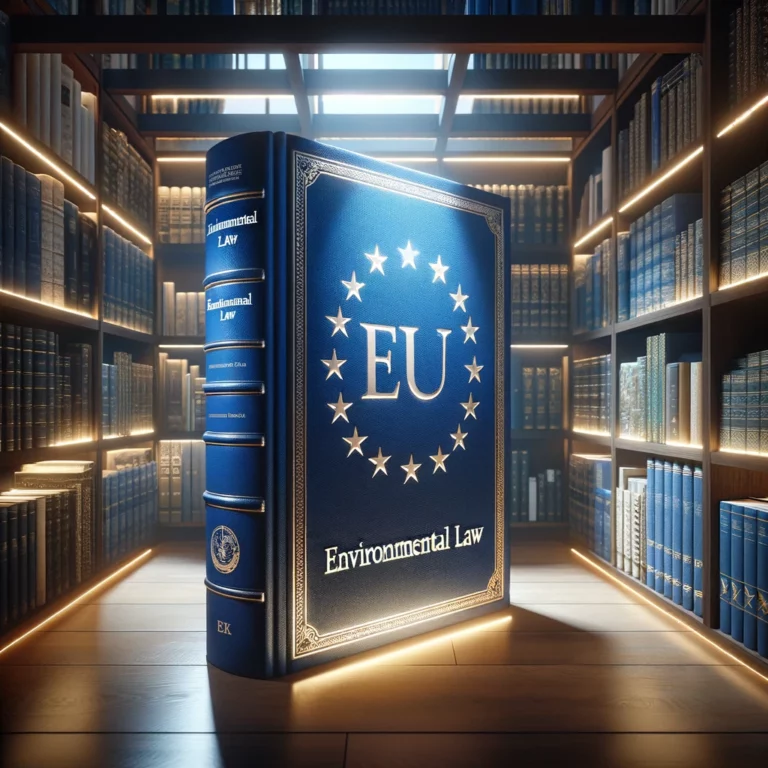Sensitive goods transport in Romania – who needs UIT number?
In Romania, businesses organizing transport of sensitive goods must adhere to specific transport notification requirements enforced by the Emergency Ordinance 41/2022. With this document the RO e-Transport platform was established, and through it a code known as the UIT number is issued. This compliance measure, monitored by the Romanian Agency for Fiscal Administration (ANAF), is essential for companies operating in or transiting through Romania. Adhering to said requirements not only helps businesses avoid fines but also maintains smooth logistics operations within the country.
We are looking for carriers with waste permits in Europe for cooperation.
Call us: +48 519 516 869 or write us an E-mail dispo@wastetransportsolutions.eu
What is the UIT number?
The UIT (Unique Identification Code for Transport) is a mandatory tracking code assigned by ANAF through RO e-Transport platform. Designed to increase transparency in the transportation of sensitive goods, this code enables Romanian authorities to monitor the movement of goods classified as “sensitive” across its territory. By implementing said system, Romania aims to combat tax evasion, reduce illegal goods movement, and streamline customs processes.
The usage of UIT number was first introduced in Emergency Ordinance 41/2022 in April 2022.
Who needs to prepare a transport notification in Romania?
Notification through RO e-Transport applies to any company or individual handling sensitive goods and organizing its transport through Romania, with the help of both local and foreign carriers. The main sectors affected are logistics, transport, and businesses engaged in cross-border or transit shipments of sensitive goods, including fuel, chemicals, and other items defined as sensitive by Romanian law. The notification obligation falls to:
- the receiver of goods mentioned in the import customs declaration;
- the sender of goods named in the export customs declaration;
- a new owner of goods who took possesion of them through intra-Community acquisition of goods;
- supplier in the case of local and intra-Community supplies of goods;
- the warehousekeeper involved in transit operations
Although the responsibility for notifying sensitive goods transport lies mainly with the above mentioned business entities, transport companies also have a role. They must make sure that the UIT number is present on the following documents:
- CMR
- packing list or cargo manifest
- invoice or delivery note
Tips for the carrier:
- You should have all documents containing the UIT number readily available to present to authorities upon request.
- Double-check that the UIT number is correct on all documents to avoid potential fines or delays caused by incorrect information.
- Ensure the UIT number is printed clearly or written legibly if documents are filled out by hand.
When and how to declare transports of sensitive goods
The declaration for sensitive goods must be submitted before the transport enters Romania or, for local shipments, before it begins. This pre-emptive submission enables authorities to monitor the movement and ensure compliance.
- The declaration must be submitted at least 24 hours before transport.
- Transport organizer must ensure all goods details are correct to avoid delays.
- It’s important to retain a record of the UIT code as proof of compliance.
Sensitive goods: what are they? Examples of products requiring a UIT number for transport
Sensitive goods include certain categories that Romanian law flags as high-risk for tax evasion and fraud. Commonly, these include the following products:
- vegetables, plants, roots and tubers, food, covered by CN codes 0701 to 0714;
- edible fruit; peel of citrus fruit or melons falling within CN codes 0801 to 0814;
- beverages, alcoholic beverages and vinegar, falling under CN codes 2201 to 2208;
- salt; sulphur; earth and stone; gypsum, lime and cement under CN codes 2505 and 2517;
- knitted or crocheted garments and clothing accessories falling within CN codes 6101 to 6117;
- garments and clothing accessories, other than knitted or crocheted, falling within CN codes 6201 to 6212 and CN codes 6214 to 6217;
- footwear, gaiters and the like; parts of such articles falling within CN codes 6401 to 6405;
- cast iron, iron and steel falling under CN codes 7213 and 7214.
For each sensitive item, the UIT number serves as an identifier, reducing the risk of undeclared or illicit transport within Romanian territory.
Apart from the above mentioned, the Ordinance 802/2022 lists waste codes as well:
- plastic waste
- glass waste
- scrap metal
- WEEE products
- old paper and cardboard
- batteries
- electric batteries
Just to name the few. Both waste and the “regular” goods mentioned above should be a subject of notification when their transport include over 500kg and the value exceeds 10.000 RON.
Penalties for non-compliance with UIT numer-related obligations
Romania imposes strict fines and legal measures for failure to comply with UIT requirements. Non-compliance penalties can include:
- Fines: up to 100.000 RON.
- Seizure of goods: In severe cases, authorities may confiscate undeclared goods.
- Operational delays: Repeated infractions could lead to longer processing times and further scrutiny by Romanian authorities.
Ensuring that all sensitive transports are declared ahead of time is critical to avoiding these penalties.
The benefits of UIT compliance for transporters
Complying with RO e-Transport regulations offers several benefits:
- Smoother border crossings: Proper documentation facilitates faster customs processing.
- Enhanced business reputation: Compliance strengthens business credibility in Romania.
- Legal security: Minimizing the risk of fines or penalties ensures safe operations within the country.
UIT number and waste transport permit
The waste transport permit in Romania is critical for any company moving waste materials across Romanian borders or within the country itself, especially since previously mentioned Ordinance 802/2022 classifies certain waste types as sensitive goods. This classification brings waste under the same strict regulatory framework designed for high-risk goods, requiring companies to obtain unique identification codes like the UIT number and additional permits before transporting waste.
Thinking about obtaining Romanian waste transport permit?
We’ll help you comprehensively. Contact us:
Why the waste transport permit is important in Romania?
- Waste materials, particularly hazardous or sensitive types, can pose significant environmental risks if mishandled. The permit ensures that only authorized, compliant carriers manage such materials, reducing potential harm to ecosystems and public health.
- Ordinance 802/2022 introduced heightened regulations for waste transport, classifying it alongside other sensitive goods like fuel or construction materials. Complying with these regulations through proper permits is legally mandatory and integral to aligning with Romanian environmental standards.
- The permit serves as a regulatory check against unauthorized disposal or illegal trafficking of waste, a common concern across EU borders. By requiring permits, Romania minimizes the risk of illegal dumping and ensures waste is transported to designated and licensed facilities.
- Sensitive waste transports are closely monitored, with permits and UIT numbers making it easier for authorities to track shipments, verify compliance, and prevent any discrepancies or risks at checkpoints. This process not only aids in legal transport but also reduces delays at borders due to documentation issues.
- Transporting waste without the necessary permits in Romania can lead to steep fines, seizure of goods, or legal action. Non-compliance can damage a business’s reputation and result in significant operational costs due to penalties and potential bans on future transport operations.
- Romania’s waste transport requirements are designed to align with broader EU regulations on waste movement and hazardous goods, such as the EU Waste Framework Directive. Having the necessary permits simplifies cross-border transport and supports business operations across Europe.
In essence, the waste transport permit ensures that companies transporting waste adhere to Romanian and EU standards, safeguarding both the environment and public health while promoting a transparent, legally compliant logistics framework.







